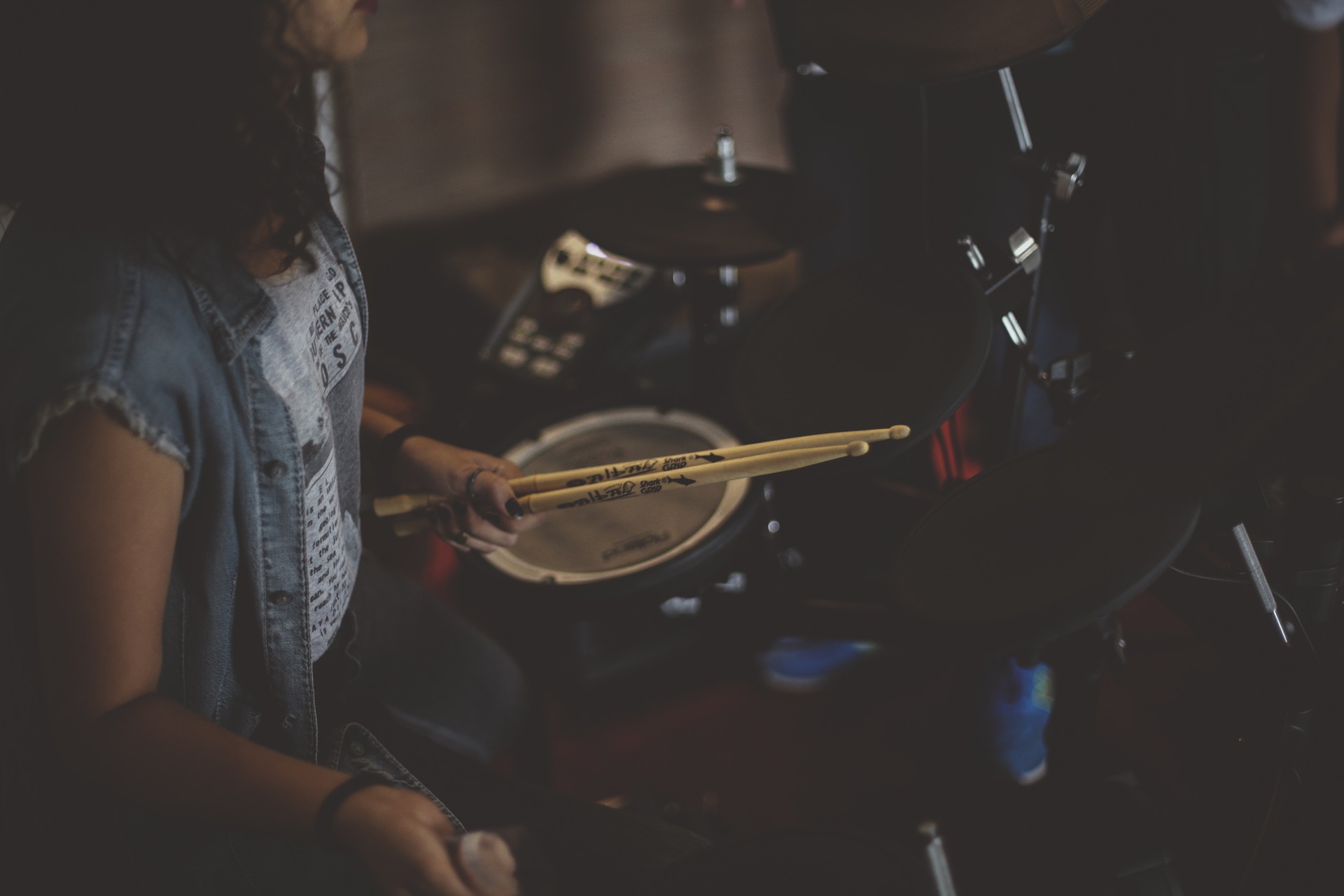Writing and playing live music is one of the most cathartic and satisfying experiences accessible to sober human beings. It offers an outlet for creative expression, a distraction from stressful social settings and satisfies the innate desire for attention and approval from peers.
Whether you’re the archetypal indie boy trying to produce makeshift Front Bottoms songs, an aspiring jazz artist trying to spread love and grooves throughout the room or the next regional trap star, here’s how to start a band and build momentum as a musician in an undergraduate setting.
1. Do: Plan Ahead
If you’re going into college knowing you want to start a band, do your research beforehand. If you’re already committed to a school, look into any clubs or DIY venues in the area of the school you’re headed for, see which acts they bring and what opportunities they offer locals. Try to hunt down any local acts in the area already, and see if any are involved in the genre you’re interested in.
If you’re entirely committed to playing music professionally, this may affect your decision on the college town you choose. The activity and opportunity of DIY music scenes varies from place to place, and from city to city. Heading to college in a rural town with a small population and no proximity to any major DIY meccas might not be the most effective position to put yourself in.
2. Don’t: Use College as an Excuse
There are a lot of constraints that come with entering your freshman year of college, but they by no means prohibit you from making progress as a musician.
While living in a dorm may reduce your practice and prohibit you from rehearsing a full-sized lineup, there are a number of actions you can take the second you move on campus.
Start accumulating good quality gear now. While creating a cohesive sound is a musician’s job, having reliable gear that you care about is an absolute necessity. Playing shows with strings regularly breaking and going out of tune or drum kits disintegrating upon regular use will cause performances to fall apart and will make your band look unprepared.
Decent gear is far from cheap, and pulling together an entire rig takes time, research and patience. Even if you aren’t playing shows or practicing as a unit yet, starting to chip away at your wish list as early as you can will only save you time and frustration in the future.
Write as much as you can. It does not matter if anyone hears the songs you write or if you like all of them yourself. Even writing a song that you consider bad is necessary, and if nothing else you’ll be destined to write one less bad song throughout your entire musical career.
The more of a catalog you build for yourself early, the sooner your act will be able to kick itself off the ground. Regardless of who hears them, the more you write the better prepared you will be to start refining and improving the sound you’re going for.
Make as many connections with as many other musical peers as you can. Whether it be through Facebook groups, Craigslist ads or offhanded conversations with classmates, the more musicians you know the better. Finding reliable and talented bandmates is possibly the greatest challenge that comes with forming a band, and the earlier you start searching and networking the sooner you can start playing and promoting.
3. Do: Support the Pre-Existing Scene
An essential component to any degree of success in music is an enthusiastic willingness to support fellow local artists. Regardless of background or sound, you have the inexpressibly important connection to other musicians in your area that comes from loving the same thing.
While there may be a sense of competition when you look at other musicians around you — after all, how many of us are going to actually “make it” (whatever your definition of making it may be) — but I promise you that fostering this attitude will result in your own band being doomed to failure.
The artists in your school’s area who already established a local following and reputation have the potential to be one of your greatest resources. These people know how to get started, who to talk to, what opportunities there are out there for local musicians and how best to attain them. Even more importantly, they, like everyone else, do not owe you anything.
Relying on handouts and good luck is not how a band gains traction. The best way to build any form of a relationship with other locals is to actively support them. Go to their shows and bring your friends, buy their merch, listen to any and all music they have released and spread it the best you can. A professional artist will notice this and remember you, which brings me to my final point.
4. Don’t: Be Shy
Everyone involved in the music scene — musicians, venue employees or supporters — is a human being. More importantly, they are people who share a common interest with you, which will likely expand beyond music.
As intimidating as stepping foot into a new venue or area where you don’t know a soul can be, embracing the challenge of meeting new people is a necessity for promoting your own music and finding musicians to play with. Connections you make with fellow artists or music lovers will prove to be incredibly valuable, both professionally and personally.
Music can be the inciting force for close bonds and unforgettable experiences. Reach out, sing along, jump around and talk to the bands. DIY music is one of the most supportive environments available. Trust me, we don’t bite.
















